What are the common signs of a healthy cat?
Are you wondering if your feline friend is in tip-top shape? As a cat owner, it’s important to know the signs of a healthy cat so that you can provide them with the best care possible. From clear eyes and shiny coat to good appetite and energetic behavior, there are many indicators that your kitty is thriving.
In this blog post, we’ll take a closer look at some of the most common signs of a healthy cat, so you can ensure your furry companion stays happy and healthy for years to come!
The Five Universal Signs of Health in Cats
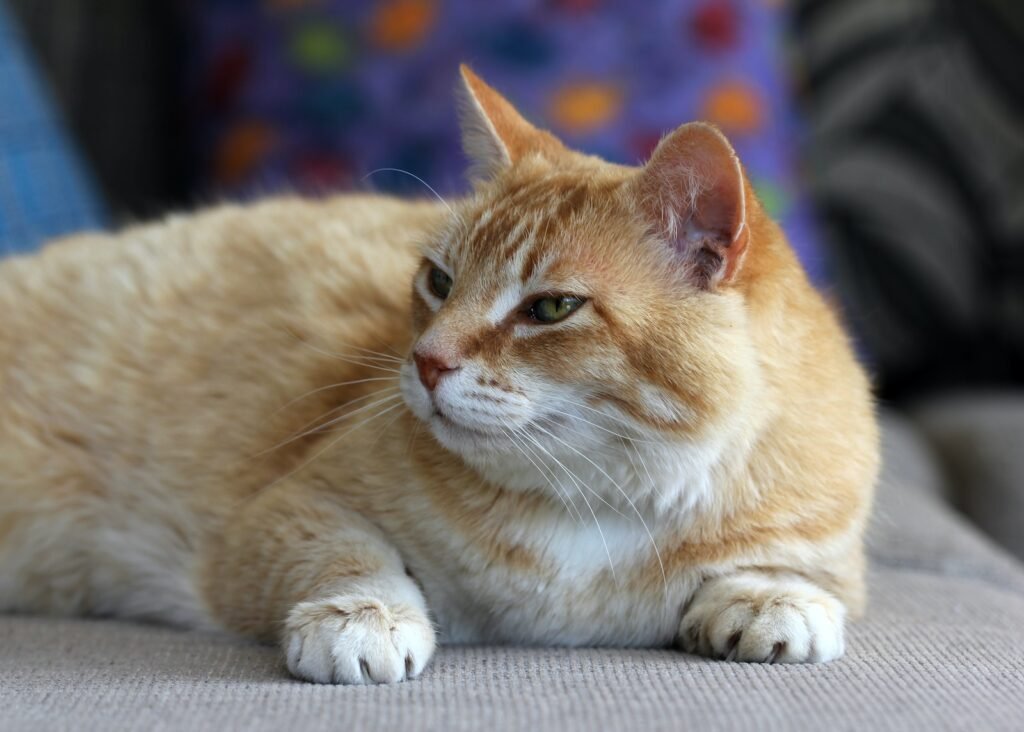
A healthy cat has a relaxed body, clear eyes and a fresh coat.
Here are five signs you can look for to ensure your cat is in good health:
1] A relaxed body: A healthy cat will have a calm demeanor and be relaxed throughout its body. Areas of the body that are tense or stressed, such as the neck and abdomen, will be relaxed. This is an indication that your cat’s overall health is good.
2] Clear eyes: Healthy eyes should have a bright appearance with no redness or cloudiness. Cats with poor vision may have eye problems such as corneal dystrophy or inflammation of the retina.
3] Bright coat: A healthy coat should be evenly colored with minimal shedding. If your cat constantly sheds, it may have more serious health problems including fleas and lice.
4] Good oral hygiene: A clean mouth means a healthy stomach and digestive system. Cavity detection tests can uncover dental problems early on in cats’ lives that could lead to other complications down the road, such as feline infectious peritonitis (FIP). The presence of tartar on teeth also indicates a lack of brushing and flossing, both of which can contribute to bad dental hygiene habits in humans too!
5] No visible parasites: Parasites are tiny organisms that live off of blood vessels in the human host, usually animals like cats but sometimes people (such as HIV carriers). When examining your cat for parasites, look for any red bumps or lesions on the skin that may be caused by parasitic infestations.
Checking for Normal Body Functions
1] A healthy cat has a regular body rhythm, meaning they wake up and fall asleep at the same time every day, eat and drink regularly, and move around appropriately.
2] A healthy cat’s fur is shiny, without old or new patches of hair, and their eyes are clear and open.
3] A healthy cat has a well-rounded diet that includes meat and/or fish but no raw chicken or other poultry products.
4] A healthy cat has good bowel habits – they eliminate urine AND feces regularly and without straining.
5] A healthy cat yawns naturally and does not exhibit obsessive behavior such as clawing at furniture or mirrors (these behaviors are called “cat compulsions”).
Watching for Symptoms of Illness
There are a few key indicators that your cat is in good health, and if they are not experiencing any of the signs below, then it might be time to take them to the veterinarian for a checkup.
Your Cat Should Behave Normally: One of the most important signs of a healthy cat is their normal behaviour. If your cat is acting out of the ordinary in any way, it might be an indication that something isn’t right internally.
Check for these warning signs: – Change in appetite or weight – Loss of energy – increased drinking or urinating – Diarrhea or change in bowel habits – Lethargy or restless behaviour While every cat reacts differently to illness, many of these symptoms can be indicative of something more serious if they are happening frequently or accompanied by other symptoms such as fever or seizures.
Have Your Cat Seen by the Vet if:
The above behaviors persist for more than two weeks, accompanied by one or more additional serious symptoms such as blood loss, weak immune system, severe diarrhea, vomiting blood, severe fever over 102 degrees Fahrenheit (39 degrees Celsius), seizures
Monitoring Vital Signs
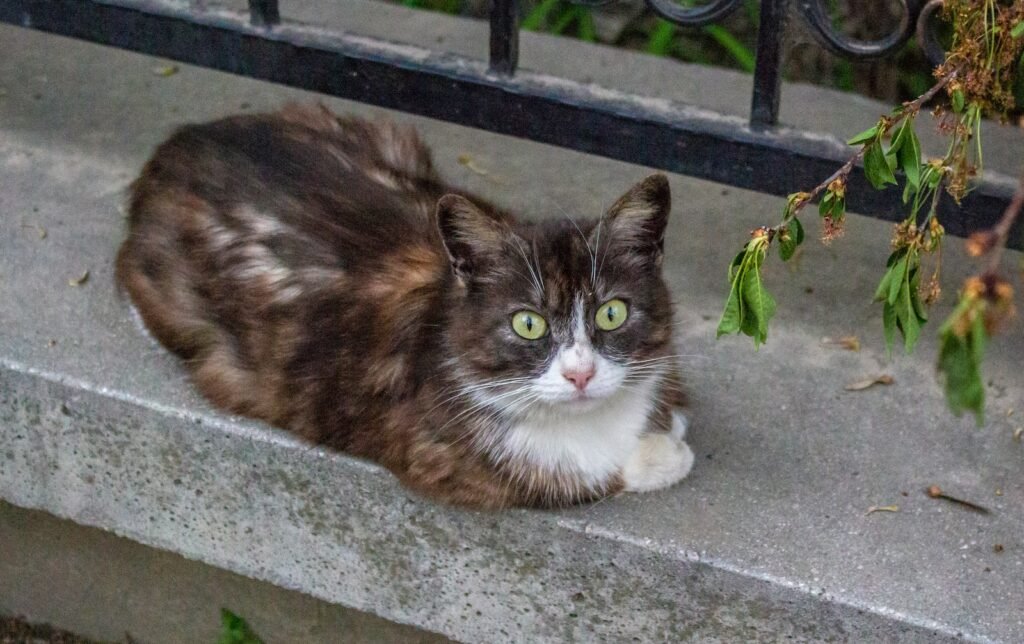
One of the easiest ways to keep track of your cat’s health is to regularly monitor their vital signs. While there are many different measures you can take to assess your cat’s health, the following are some of the most common:
Weight
A healthy cat should maintain a normal weight, which can be determined by checking their hair coat and body composition.
A healthy cat should maintain a normal weight, which can be determined by checking their hair coat and body composition.
Eyes
An examination of your cat’s eyes should include checking for color, clarity, and pressure. A dilated pupil may indicate a medical condition such as kitty blindness.
.An examination of your cat’s eyes should include checking for color, clarity, and pressure. A dilated pupil may indicate a medical condition such as kitty blindness. Pulse . The pulse can be measured on the front or back of the neck using a non-invasive method such as an electronic sphygmomanometer oruscope (and yes, youcan also find these devices in pharmacies!).
The average pulse rate for cats ranges from 60-160 beats per minute; too low means that something is wrong and too high indicates serious illness or injury. When taking your cat’s pulse, it is important to note that the heartbeat tends to slow down during calm periods such as at night when cats are resting.
Checking for Weight Changes
The American Association of Feline Practitioners (AAFP) considers the following as healthy signs in cats:
-No vomiting or diarrhea
-Regular weight changes, either up or down, without excessive fat deposition
-A playful nature and innocent behavior
The Benefits of a Healthy Cat
There are many benefits of keeping a healthy cat, including decreased health care costs and fewer instances of illness.
Here are five common signs that your cat is healthy:
1] Regularly groomed: A well-groomed cat has clean fur and is free from mats or tangles. This means they’re less likely to become ill or suffer physical damage as a result of being constricted.
2] Active and playful: Cats who are constantly fidgeting, playing, and exploring their surroundings are typically in good health. Their energy levels reflect this, so you can be sure they’re not spending all their time lounging around waiting for food to arrive!
3] No unexplained weight gain/loss: If your cat suddenly starts packing on the pounds, there may be a problem with their diet or lifestyle – not with their health! A healthy body weight for a cat is typically between 7-10 pounds. Any weight increase or decrease outside of this range should be examined by a veterinary professional for potential causes.
4] No visible signs of illness: Just because your cat doesn’t have any obvious symptoms of illness doesn’t mean they don’t have something bothering them – it could just take a little longer for them to show signs. If you notice any changes in your pet’s behaviour (e.g., poor appetite, difficulty walking, intermittent vomiting), take them to see their veterinarian as soon as possible.
5] Regular veterinary checkups: A regular veterinarian check-up not only allows you to keep an eye on your cat’s overall health, but also helps ensure they’re receiving the proper vaccinations and preventive care. This can lessen their chances of developing serious illness or injury down the road.
What to Watch for When Breeding Your Cat
One way to tell if your cat is in good health is by looking for the following signs:
Energy – A healthy cat will have plenty of energy and be playful. She may also be active when she isn’t being petted.
Healthy weight – A healthy cat will not be overweight or obese. Her body should feel tight, without any excess skin.
Good coat – A healthy cat has a thick, glossy coat that is free from mats or dandruff. Her hair should be easy to brush and move and she should never have excessive shedding.
Fresh eyes – Your cat’s eyes should be bright and clear, with no discharge or redness.
healthy fur -A healthy cat’s fur remains soft and frizz-free even when wet
Conclusion
As a pet owner, it is your responsibility to know the signs of a healthy cat. A few simple checks will help you understand if your feline friend is receiving a nutritious diet and ample exercise. Pay attention to the way your cat’s coat looks, body shape, and behavior – all of these hints can reveal whether or not your kitty is in good physical condition.

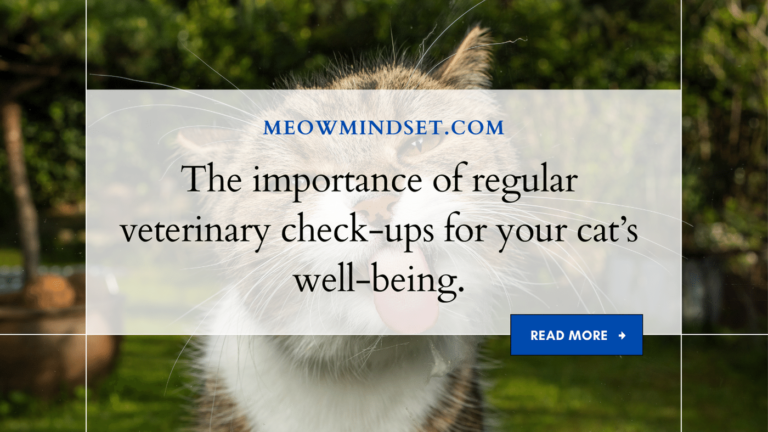
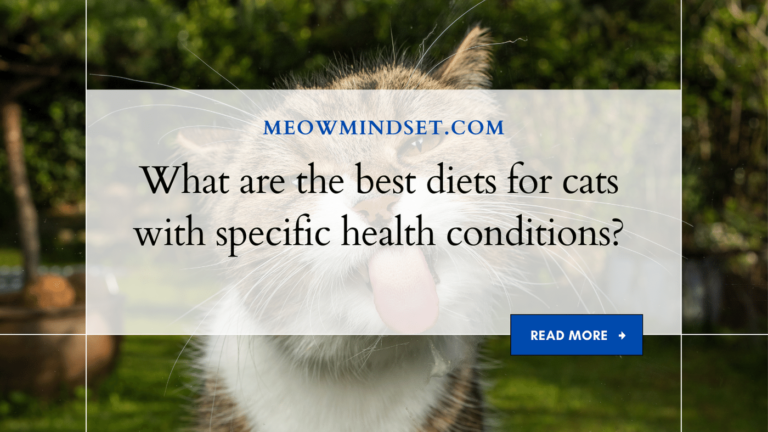

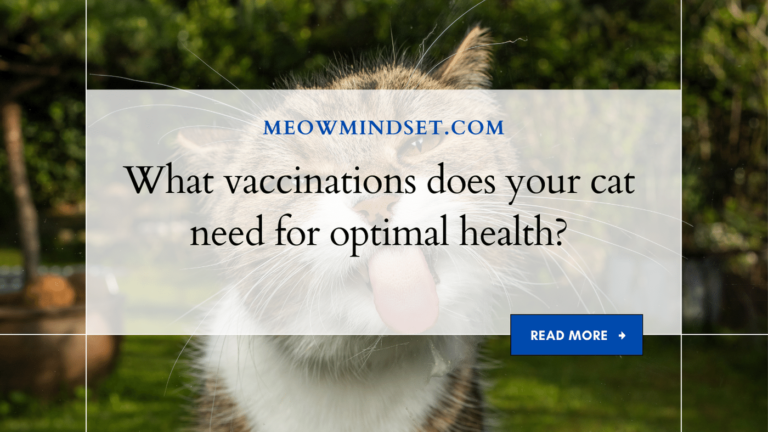

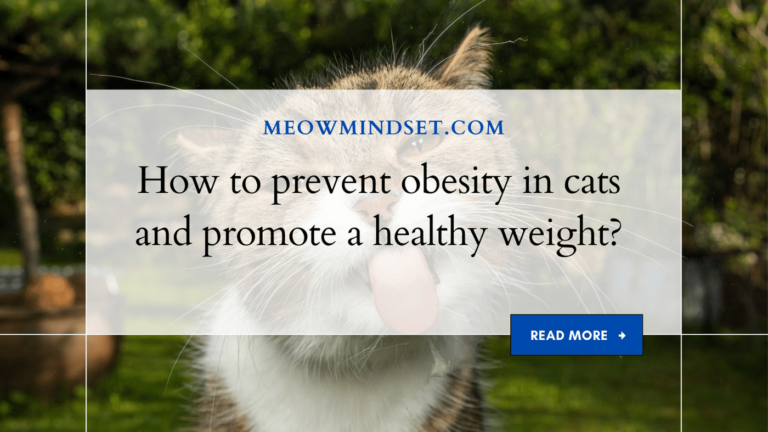
One Comment